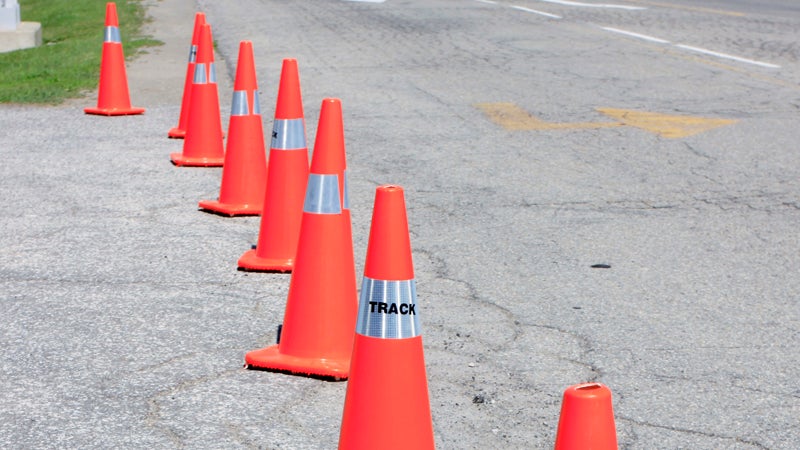(The Center Square) — An Arizona business is appealing to the U.S. Court of Appeals after a federal judge earlier this year dismissed a lawsuit challenging Louisiana’s remote seller sales tax structure.
Halstead Bead, a small Arizona-based family craft and jewelry wholesaler owned by Hilary and Brad Scott, filed an appeal with the Fifth Circuit on Tuesday challenging Louisiana’s sales tax system, which requires remote sellers to comply with local tax laws for 63 different parishes.
The appeal comes after a federal judge in the Eastern District of Louisiana dismissed Halstead’s lawsuit in May, ruling the case should be filed in state court.
“Halstead is not challenging any ‘assessment, levy, or collection’ of Louisiana taxes but rather the steps before assessment, like duplicative submission of monthly returns, fragmented definitions and exemptions that vary by parish, and an impenetrable web of local variations,” said Joe Bishop-Henchman, NTUF Executive Vice President and lead attorney on the case. “The state says we can pay and file for a refund, but there is no refund to ask for when the problem is how to pay, not how much. Halstead wants to remit all applicable taxes. We should be able to bring our evidence to court, and so the District Court should be reversed.”
The brief filed Tuesday argues the dismissal in District Court was unwarranted and cites the U.S. Supreme Court case South Dakota v. Wayfair, in which justices found states could impose remote sales tax collection obligations as long as the obligations are not overly complex or burdensome.
“The state requires that registration, calculation, record-keeping, and payment be done on a parish-by-parish basis, and each parish has its own distinct exclusions and exemptions,” the appeal reads. “Taxing jurisdictions differ within parishes, too – and do not align with ZIP code lines. Sellers need to register and file with both the state and each of the 63 parishes that collect their own sales tax.
“This labyrinth for out-of-state sellers includes many traps for the unwary, and the parishes can be aggressive in auditing any wayward sellers.”
“As a result, the company lost revenue for itself, Louisiana lost sales and use tax revenue, and Arizona, the company’s home state, lost income tax revenue,” according to the lawsuit.
Halstead estimates it would cost about $11,000 to remit a little more than a few hundred dollars in sales taxes statewide under the current system.
“The way Louisiana collects sales tax signals to the rest of the country that the state is hostile to business,” said Sarah Harbison, general counsel at the Pelican Institute. “Practices like these turn entrepreneurs like the (Scotts) away from doing business here. That harms Louisiana consumers, who deserve to have the same market options enjoyed by everyone else in the country.”
The new brief asks the appeals court to reverse the lower court’s ruling to allow Halstead to plead its case, which alleges Louisiana’s regulations violate the Commerce Clause and the Due Process Clause of the Fourteenth Amendment to the U.S. Constitution.




